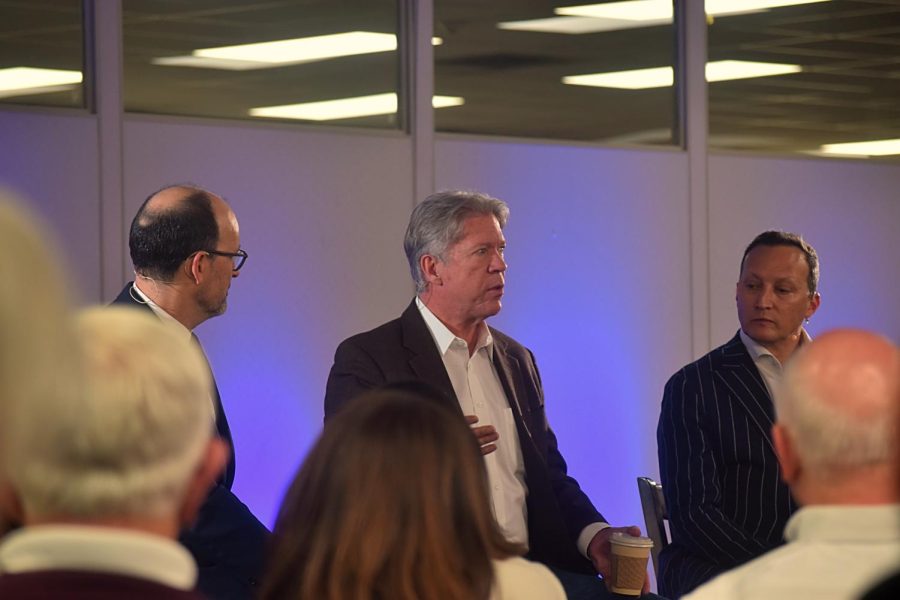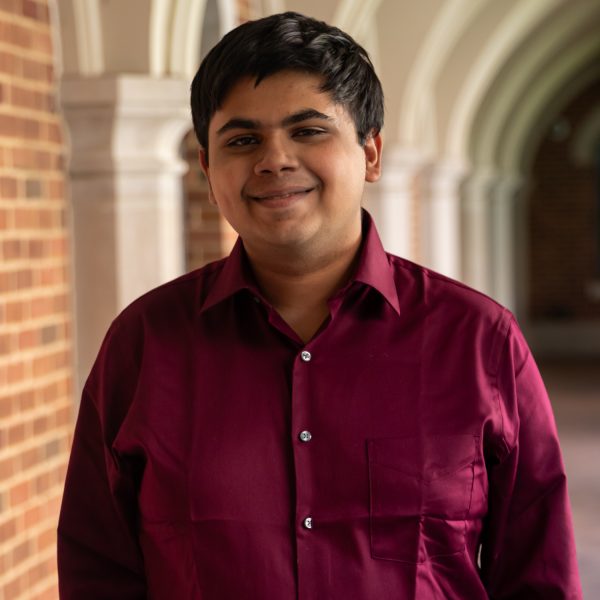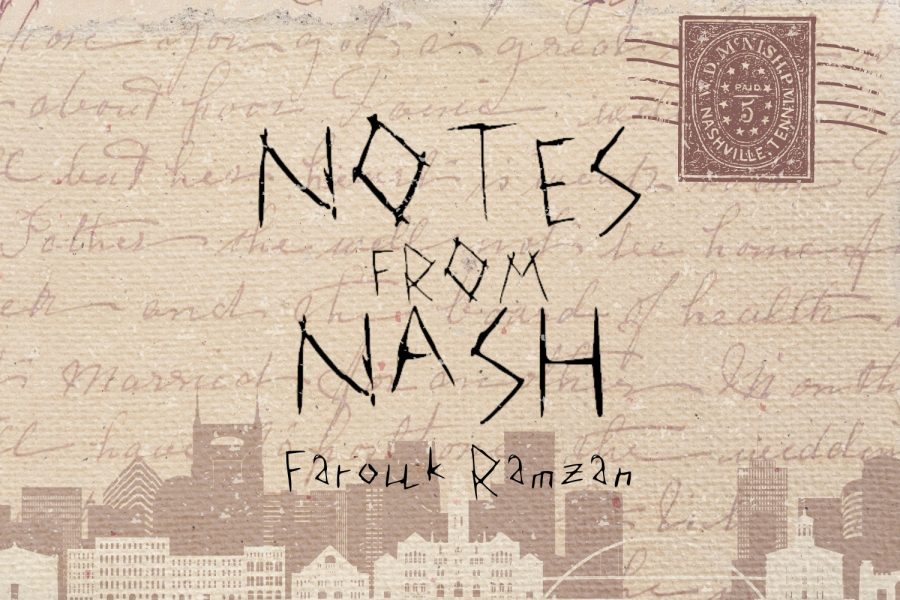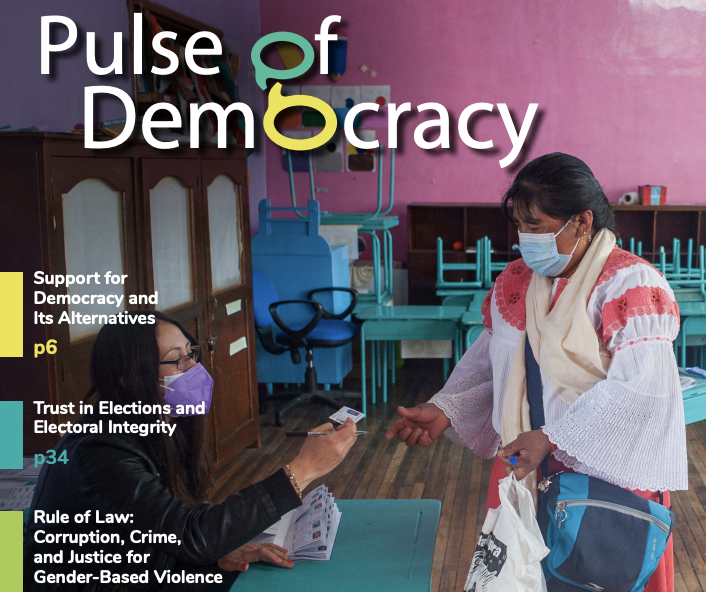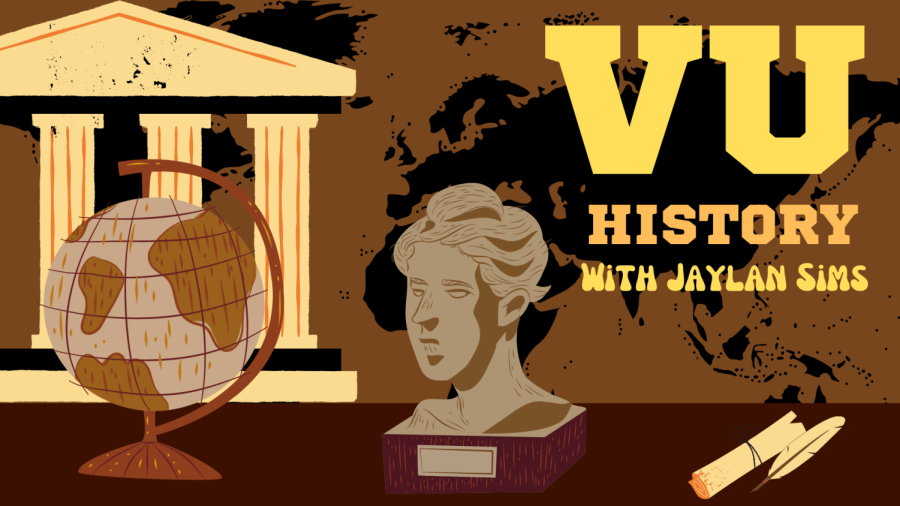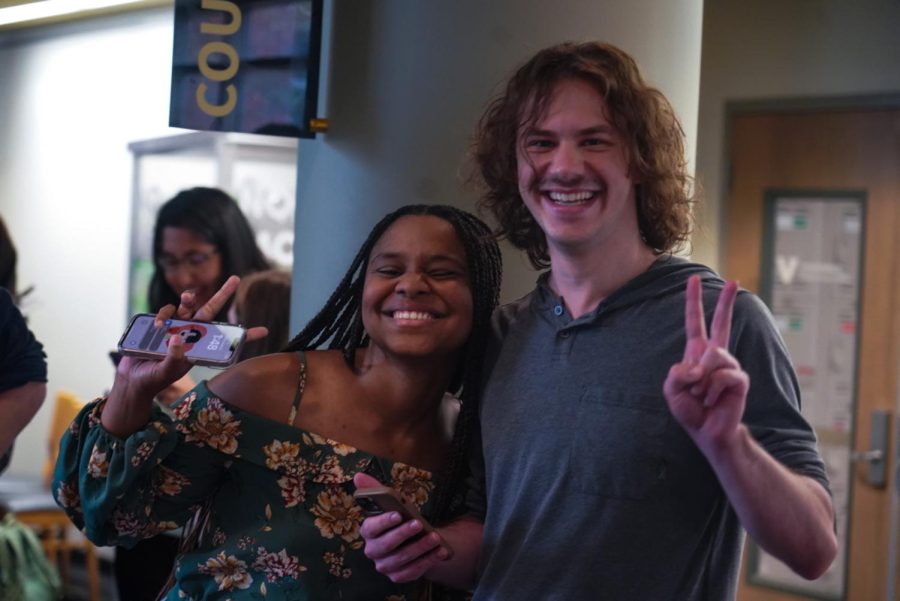The Vanderbilt Project on Unity and Democracy hosted CBS Chief Washington Correspondent Major Garrett and Executive Director at the Center for Election Innovation and Research David Becker, co-authors of The Big Truth: Upholding Democracy in the Age of the Big Lie, on Jan. 31. Garrett and Becker discussed the state of American democracy since the 2020 presidential election. The event followed the Jan. 18 launch of the Vanderbilt Unity Lab, a program which aims to promote civil discourse on campus.
Discussion with Garrett and Becker
In the discussion moderated by Vanderbilt Law School professor Kevin Stack, Garrett emphasized the importance of election integrity in maintaining American democracy. Drawing on his experience working in the media industry, Garrett said that unique political conditions existed in 2020 that allowed election denialism to become mainstream.
“In 2020, when we were all experiencing [the COVID-19] lockdown, I realized that the 2020 campaign would be unlike any other,” Garrett said. “I told CBS that the story of this election [was] going to be about how we cast and count votes while adapting to a pandemic environment.”
Becker added that American elections are “esoteric and hard to understand,” allowing leaders to question elections or make false claims during periods of uncertainty. Elections are often thought to be decided shortly after voting ends on election night, but these results are not solidified until other processes occur weeks later.
“Think back to the 2008 presidential election. The media declared Barack Obama the winner at about 8pm Pacific Time,” Becker said. “But did we actually know who the real winner was at the time? We actually didn’t. We just thought we did. The joint session of Congress meets weeks after election night.”
Garrett said that some Republican lawmakers felt pressure to support election denialism to appease their constituents, even when they themselves believed the 2020 election was legitimate.
“I’ve talked to many Republicans who say their constituents believe there’s something terribly wrong with the [election] system. These people think the race was stolen,” Garrett said. “These politicians knew that it wasn’t, but they had to be responsive to their constituents’ concerns. There was no talking them out if it. So that creates a bottom-up dynamic.”
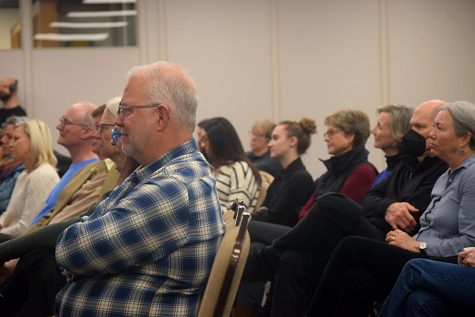
The panel concluded with an overview of the four reform proposals that Garrett and Becker outlined in their book. Both asserted that increased federal election funding is the most impactful action to ensure that elections are reliable and trusted.
First-year Noah Stern said that Unity Project programming is important for cultivating dialogue on campus.
“I think it’s a unique opportunity for Vanderbilt students to be able to come together on campus to participate in conversations that are not being had in classrooms,” Stern said. “Conversations like these need to be happening across the country, and I am proud that Vanderbilt is supporting that project.”
Vanderbilt Unity Lab
The Unity Project also launched a new training program that will begin work during the Fall 2023 semester. According to Shevonne Nelson-Dillingham, program director for intercultural engagement at the Unity Project, the Unity Lab aims to create opportunities for members of the campus community to engage in civil discourse as they discuss the most pressing problems facing society. Students, faculty and staff can apply to be trainers for the program and will receive a $250 stipend at the end of the semester.
Nelson-Dillingham also said that the Unity Lab was created partly in response to the political tensions that arose during the 2020 election.
“We want to give folks the skills to engage and learn with one another,” Nelson-Dillingham said. “Importantly, this program is also about empathy building. How do I understand your story in the context of my personal framework? Questions like these are crucial in addressing systemic issues.”
Nelson-Dillingham added that accepted participants will be required to undergo 30 hours of training, after which they help facilitate spaces on campus for members of the community to overcome differences and gain a better understanding of one another.
First-year Sam Schulman said that he recognizes the need for the Unity Lab, but is wary of the program’s potential unwillingness to take a stance on important issues of democracy.
“I also think there needs to be a reminder that some things aren’t subject to debate,” Schulman said. “I’m not sure both sides should be heard on the legitimacy of the election. Is it fake, or is it real? One of these answers is wrong.”
Dean of the College of Arts and Science and Executive Director of the Unity Project John Geer said he is confident in the program’s ability to provide a framework for the country’s future.
“The Unity and American Democracy Project is about moving our country toward valuing evidence more than ideology,” Geer said. “The truth is that no one ideology has all the answers. Evidence, while far from perfect, provides a much sounder basis to discuss and evaluate what is happening in this country and do so in a way that fosters respect for all sides.”











